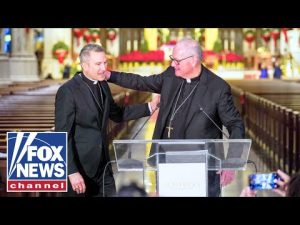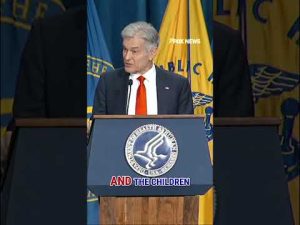In today’s world, the clash between traditional values and secularism is becoming more pronounced. One of the topics that often arises is the importance of reintroducing Judeo-Christian values into society. It is argued that the foundation of Western civilization rests on these principles, and without them, we face a future compromised by meaninglessness and confusion. To better understand this perspective, it is vital to explore the implications of a society moving away from its religious heritage.
The significance of church attendance cannot be overstated. It serves as a bridge connecting people to their past and providing a moral framework that many find lacking in today’s secular environment. There is growing evidence that indicates a resurgence in religious participation, especially among the younger generation. For many, this marks a return to a source of stability and purpose. After years of decline, it appears that a rekindled interest in faith is not just possible, but happening right now.
Life without the guiding elements of faith often leaves individuals feeling adrift. Many have discovered that secularism—while appealing in its promise of freedom—can lead to a profound sense of emptiness. This void, described as a “god-shaped hole,” cannot be filled with fleeting pleasures or the latest technological distractions. Instead, a widespread yearning for deeper meaning and fulfillment is emerging, suggesting that the human spirit craves moral certainties that religion uniquely provides.
Moreover, the movement from secularism to nihilism is a slippery slope. It’s easy to slide into a mindset that dismisses right and wrong, leading not just to individual despair but societal disarray. When individuals forsake a shared moral compass, the ensuing chaos is palpable. The principles derived from Judeo-Christian teachings offer a way to navigate life with a sense of clarity, emphasizing values that encourage unity and mutual respect.
It is essential for individuals—especially those with a rich historical connection to Christianity—to engage with their roots. Participating in church activities is not just about attending services; it’s about fostering community and shared values that uplift society. The call to action is clear: those who have benefitted from such a heritage should take part in revitalizing it. In fostering an engaged and morally grounded society, we not only heal our communities but pave a way forward that honors our history and shapes a better future.
In conclusion, the reintroduction of Judeo-Christian values is not merely a nostalgic longing but a practical step toward restoring order and coherence in society. By encouraging a return to these principles, we can help individuals fill their “god-shaped holes” and re-establish a meaningful context in which to live. As history has shown, when individuals embrace their moral heritage, it leads to a more harmonious and fulfilling existence for all. While the path may seem daunting, the effects of this shift could very well restore the fundamental fabric of Western civilization.







